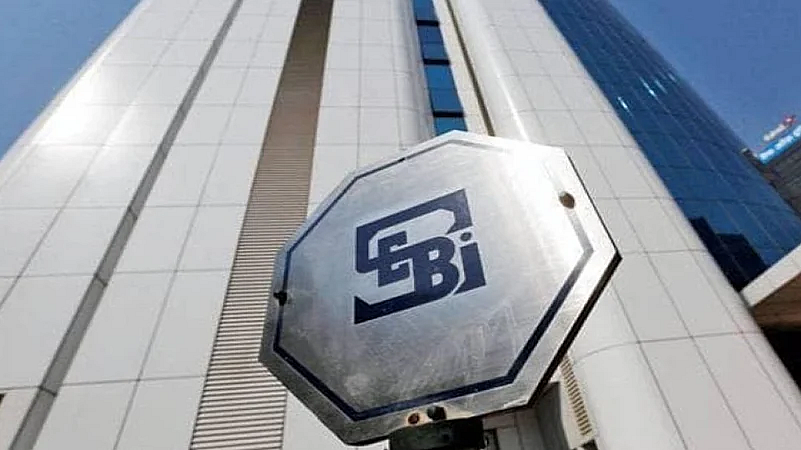The Securities and Exchange Board of India (Sebi) has proposed a revised framework for IT capacity planning and real-time performance monitoring for commodity derivative exchanges and clearing corporations. Sebi has invited public comments until July 20, 2025 on the draft proposal named “Revised Guidelines for Capacity Planning and Real Time Performance Monitoring framework of Market Infrastructure Institutions with Commodity Derivative Segment.”
According to the draft circular issued on June 30, 2025, Sebi wants commodity exchanges and clearing corporations to maintain an installed capacity of at least two times the projected peak load for all critical IT systems. The market regulator has also proposed to extend the equity market guidelines issued on December 10, 2024, which cover detailed norms for system performance monitoring and stress testing, to commodity derivative exchanges. The same framework would now also apply to clearing corporations (CCs) operating in the commodity segment. This is the first time CCs are being brought under this purview.
At present, commodity exchanges follow a 2016 circular that only applies to their trading systems, which must handle at least four times the peak order load. However, this does not cover all their critical IT systems, nor does it apply to clearing corporations at all.
For equity markets, Sebi already mandates a minimum 1.5x capacity of projected peak load for critical IT systems, as outlined in its December 2024 circular.
Rationale Behind The Proposals
Sebi said the changes are aimed at bringing uniformity across all market infrastructure institutions. After reviewing data from exchanges, the regulator found that much of the IT infrastructure in the commodity space is significantly “underutilised”.
“From the analysis of data submitted by commodity stock exchanges, it was observed that capacity of IT systems of commodity stock exchanges remains underutilised. Hence, the proposal of having installed capacity as at least 2 times (2x) of the projected peak load and in order to bring uniformity between stock exchanges and clearing corporations with commodity derivatives segment, the revised guidelines are being specified,” Sebi said.
What It Means For Investors
With these revision in IT capacity framework, Sebi intends to upgrade the IT infrastructure of exchanges and CCs so that these institutions can handle more traffic. In other words, it would mean lesser chances of system crashes, slow order execution, or trading disruptions during high-volatility periods.
The upgraded IT infrastructure is also likely to reduce the risk of delays or glitches in trade confirmations, settlements, or access to real-time prices.
Sebi Extends Cybersecurity Compliance Deadline
Meanwhile, Sebi has also extended the deadline for compliance with its Cybersecurity and Cyber Resilience Framework (CSCRF) by two months. This will bring relief to a wide range of market intermediaries and regulated entities. The extension comes in response to requests from several regulated entities seeking more time to implement the CSCRF norms effectively.
In a circular issued on June 30, Sebi said the compliance timeline has been extended to August 31, 2025, from the earlier deadline of June 30. However, the extension will not be applicable to market infrastructure institutions, KYC registration agencies (KRAs), and qualified registrars to an issue and share transfer agents (QRTAs), who are still expected to meet the initial deadline.











